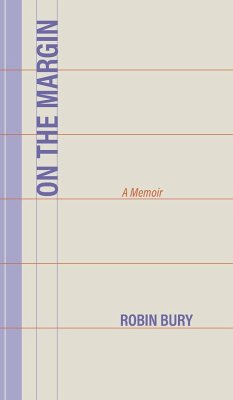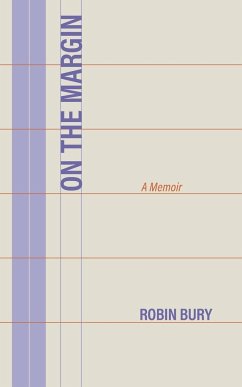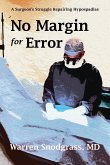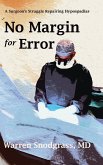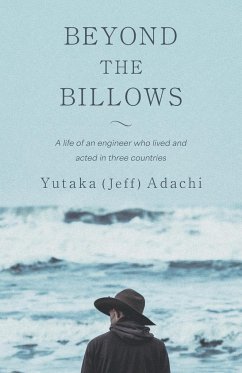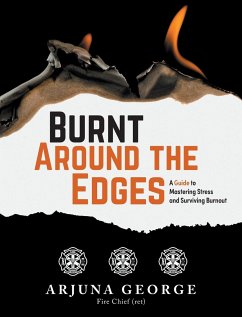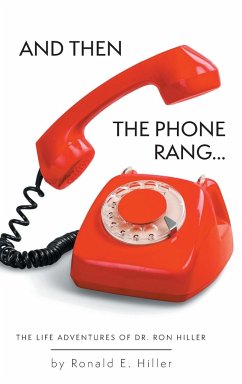Protestants have had a tradition of keeping their heads down since before Irish independence in 1921, and still have. Most of them have gone into Omertà. They had their own social networks, businesses, large manufacturing companies like Guinness and Jacob's, law companies like Goodbody, and schools and hospitals. But most historians have taken the position that Southern Protestant citizenship has been indulged, rather than being a matter of right, in the Roman Catholic Gaelic state that emerged after 1921. So, we can ask, why did so many leave to go to Northern Ireland, England, Australia, and Canada? In Coming Full Circle, Robin Bury describes his lived experiences, and those of his family, as marginalized Protestants residing in Roman Catholic-controlled Southern Ireland in the twentieth century, and what it was like to be set apart and feel that they did not belong, despite being as Irish as their fellow Roman Catholics. The author recounts his early childhood in India in the 1940s, when his Anglican clergyman father had a post there. He describes growing up in Ireland, including his schooling at Midleton College in Co. Cork, St. Columba's College in Dublin and Trinity College Dublin. He married an Irish Catholic woman and gives highlights of his family life. He tells of living as an expatriate in Kenya in the 1960s, where he was a teacher, and his subsequent career in export sales beginning in London, England, and then continuing largely in Ireland, apart from a brief stint in Toronto. He closes with his move in retirement to his mother's native Canada. A self-admitted post-nationalist, Robin examines how a once vibrant and industrious ruling minority ended up being the subject of attacks and intimidation in the years following Ireland's independence, and aspires to inform the Irish people at home and those in the diaspora about the harm that monocultural nationalism-which is spreading today in various countries-causes when people dwell on supposed past wrongs. Weaving personal accounts and gathered stories about various generations of the Bury family with a myriad of information and thoughts about the broader religious, social, and political norms of Ireland post-independence, Coming Full Circle is an engaging and candid memoir written from a rarely told Protestant perspective.
Hinweis: Dieser Artikel kann nur an eine deutsche Lieferadresse ausgeliefert werden.
Hinweis: Dieser Artikel kann nur an eine deutsche Lieferadresse ausgeliefert werden.

